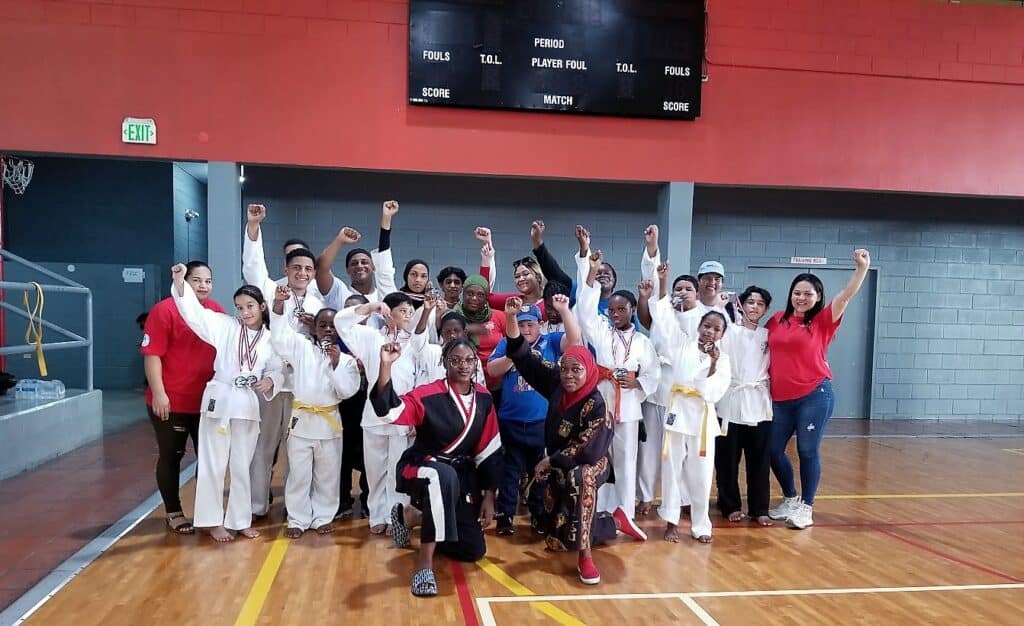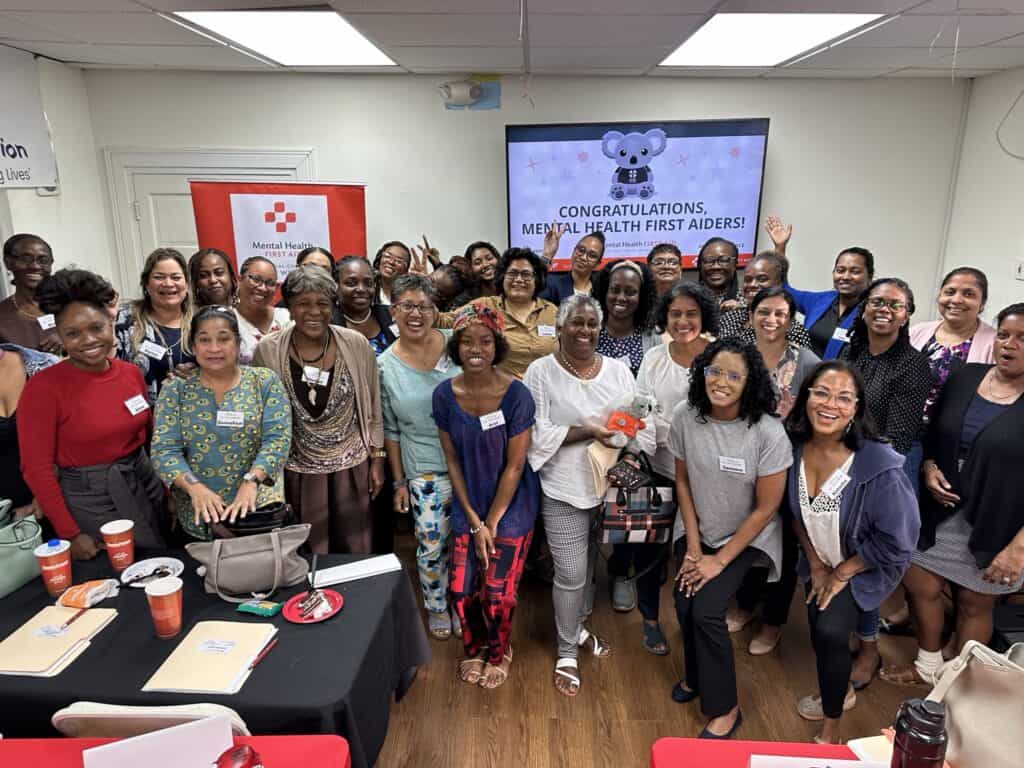
Top Tips for the Recruitment of Staff for NGOs
Recruiting staff for NGOs requires as much rigour as for the profit sector, if not more. You are trusting these individuals with your brand, and depending on the nature of your work, they may be interacting with at-risk and vulnerable communities, dealing with sensitive issues, and liaising with policy makers and the media, so it is essential that you take the time to develop thorough and appropriate screening processes.
Hiring the wrong people is an expensive mistake, and can lead to declining morale, brand damage and even sabotage. Here are some tips to ensure your interview process reduces the risk of making bad hiring decisions:
- Include as many people as you can in the interview stage. You could invite team members who will be working with the person, and even external stakeholders who may engage with them, to join the interview panel. Getting different perspectives on the applicant’s suitability, especially from colleagues who know your culture well, will lead to smarter hiring decisions and reduce the possibility of bias.
- Invite interviewees to share their views on how the work of your NGO could be improved. This not only demonstrates their interest in the organisation and level of pre-interview research, but can provide interesting external viewpoints on your work. Giving them a pre-interview assignment is also a great way of assessing candidate skill levels, to ensure that they can do what they claim on their resume.
- Always ensure you give staff contracts of employment, no matter how long they are to be employed with you. These should outline basic terms and conditions of work, such as hours, overtime, etc as well as general company guidelines including dress code, salary payment arrangements and HSE. Include questions about the terms and conditions of the job in your interview – for example, are they willing to work evenings and weekends if required? – so that you can ensure that they understand, and accept, all that is required of them before joining the organisation.
- Every employee must also be given a job description (JD), including the expected standards of performance. For example, if you hire a receptionist and he is expected to answer all phone calls within 2 rings, that should be included. Be as specific as you can and then use the JD to inform your interview questions. This also helps you to effectively manage performance at the end of probation or during annual reviews.
- Always reference check before you hire. A blend of personal and professional references is ideal, and you should ensure that the questions you ask the referee are related to both the job the person will be doing, as well as their character and values.
It can be very costly if you rush the hiring process, so always take the time to interview applicants thoroughly. Include tests and references, use the JD and contract to guide your questions, and invite others to screen candidates with you, so that when you do make an offer, you are confident that you have done all you can to eliminate doubt and make a solid hiring decision.
Lara Quentrall-Thomas is the Chairman of Regency Recruitment and Resources Limited. For the past 25 years she has led Regency to become a leading firm in sourcing a wide range of employment opportunities for hundreds of locals, creating and facilitating business training workshops, partnering with leading local and multinational firms to provide outplacement support for retrenched workers, and counselling many employers in Human Resources and Industrial Relations issues. She completed her MBA in 2008 and continues her education with professional certificates in Labour Law, Behavioural Economics, Contract Law and Mediation.






